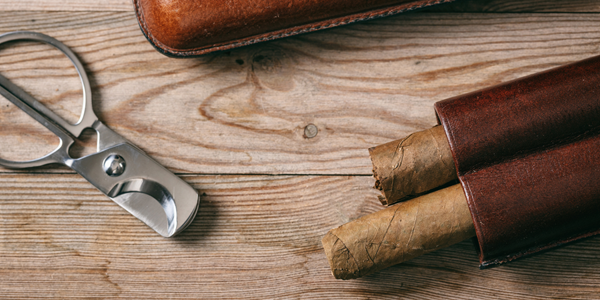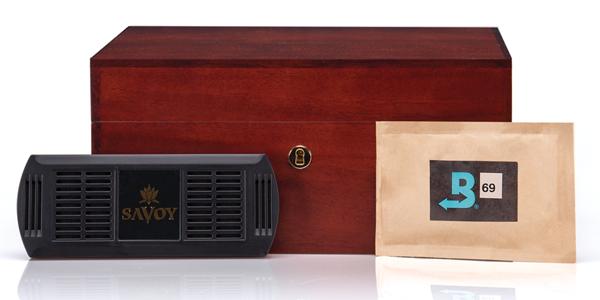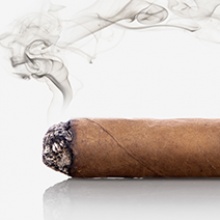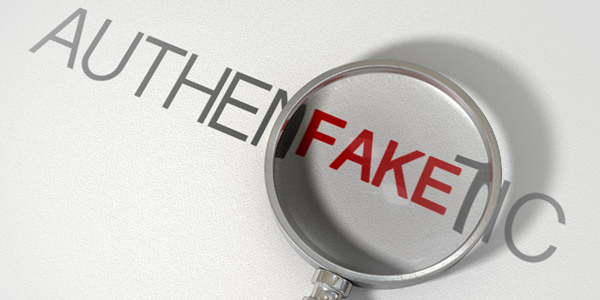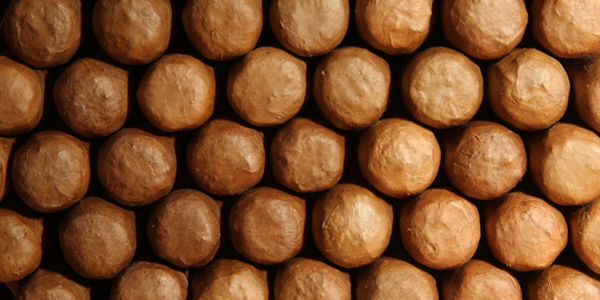Can You Smoke a Dried-Out Cigar?
I’ve seen it many times. A rookie wanders into the cigar lounge with something in his mouth that resembles a flaming corn stalk, with embers and flakes of tobacco flying off all around. He’s smoking a dried-out, busted-up cigar. It can’t possibly taste good. Onlookers gaze in awe and surrender their ashtrays out of pity as they try to stay out of his path. Is he a novice or simply ultra-frugal? At the end of the day, it doesn’t matter – you shouldn’t smoke dry cigars.
Rehumidify Before You Smoke
You can rehumidify dry cigars – as long as they’re not past the point of no return, i.e., the wrapper leaf is tattered and disintegrating. Dry cigars are generally beyond resuscitation when they’ve been left out of a humidor for several weeks or months. Remember, cellophane and the boxes cigars are packaged in does not keep them fresh. The rehumidification process can take a few weeks or longer, but it’s a far better alternative than smoking a stale or dried-out cigar, especially in the company of others who will have to suffer through its foul room note.
A Cautionary Tale
Years ago, a customer walked into the cigar shop in need of assistance. He was on edge. He handed me a box of cigars and wanted me to verify if they were Cubans. Reluctantly, I took the box and explained that I would give my opinion but could not absolutely guarantee whether the cigars were authentic Cubans or fakes. The cellophane on the box was still intact, as were the stamps. I asked the customer where he got them. He explained he was a limo driver who had just been stiffed on large fare, but the client offered to pay with a box of “Cuban” cigars after several of his credit cards were declined.
I gently sliced through the cello and the seals and cracked the lid open. They were Cuban Cohibas, and they appeared legit based on a quick inspection of the bands and the box. But, as I delicately removed a few cigars from the top layer for closer scrutiny, I indicated it didn’t matter if the cigars were, in fact, Cuban. They were severely dried out and unsmokable. A sullen, agitated expression fell over the customer’s face. I offered my sympathies and thorough instructions on how to salvage the cigars by rehumidifying them. The moral of the story: dried-out cigars are no good even if they’re expensive, or rare, or Cuban. Pay your bill with a fresh box.
What Does a Dried-Out Cigar Taste Like?
Dry cigars taste bitter, burn hot, and are undesirable. It’s common for them to flake apart or unravel because, without proper moisture, they combust at an accelerated pace. When a cigar dries out, its flavor, construction, and performance are threatened. By rehumidifying a dry cigar, you can restore the likelihood it will burn evenly. But, you can’t replace its original flavor. Premium tobacco undergoes several months, if not years, of fermentation and aging before it’s rolled into a cigar. Throughout the process, the tobacco is consistently humidified right up until the cigars are shipped to the retailer’s humidor.
When a cigar is dried out, the natural oils that significantly contribute to its taste and aroma are gone, and they don’t return when you rehydrate the cigar. That doesn’t mean a rehumidified cigar will taste bad, but it won’t taste the way the cigar-maker intended. Nonetheless, it’s worthwhile to revive dry cigars to see how they smoke after they’ve been rehumidified versus tossing them out.
Don’t Let Your Cigars Dry Out in the First Place
Cigars are an investment. If you received a box as a gift, for example, and you don’t smoke that often, keep them humidified. There are ways to humidify your cigars without a humidor. If you own a humidor, monitor the humidity inside and make sure your hygrometer is calibrated correctly. Fluctuation in temperature and humidity is bad for cigars. If your cigars are consistently stored around 70% RH (relative humidity) and 70 degrees Fahrenheit, they won’t dry out and you can age them indefinitely. Be especially vigilant if you live in a dry or winter climate.

